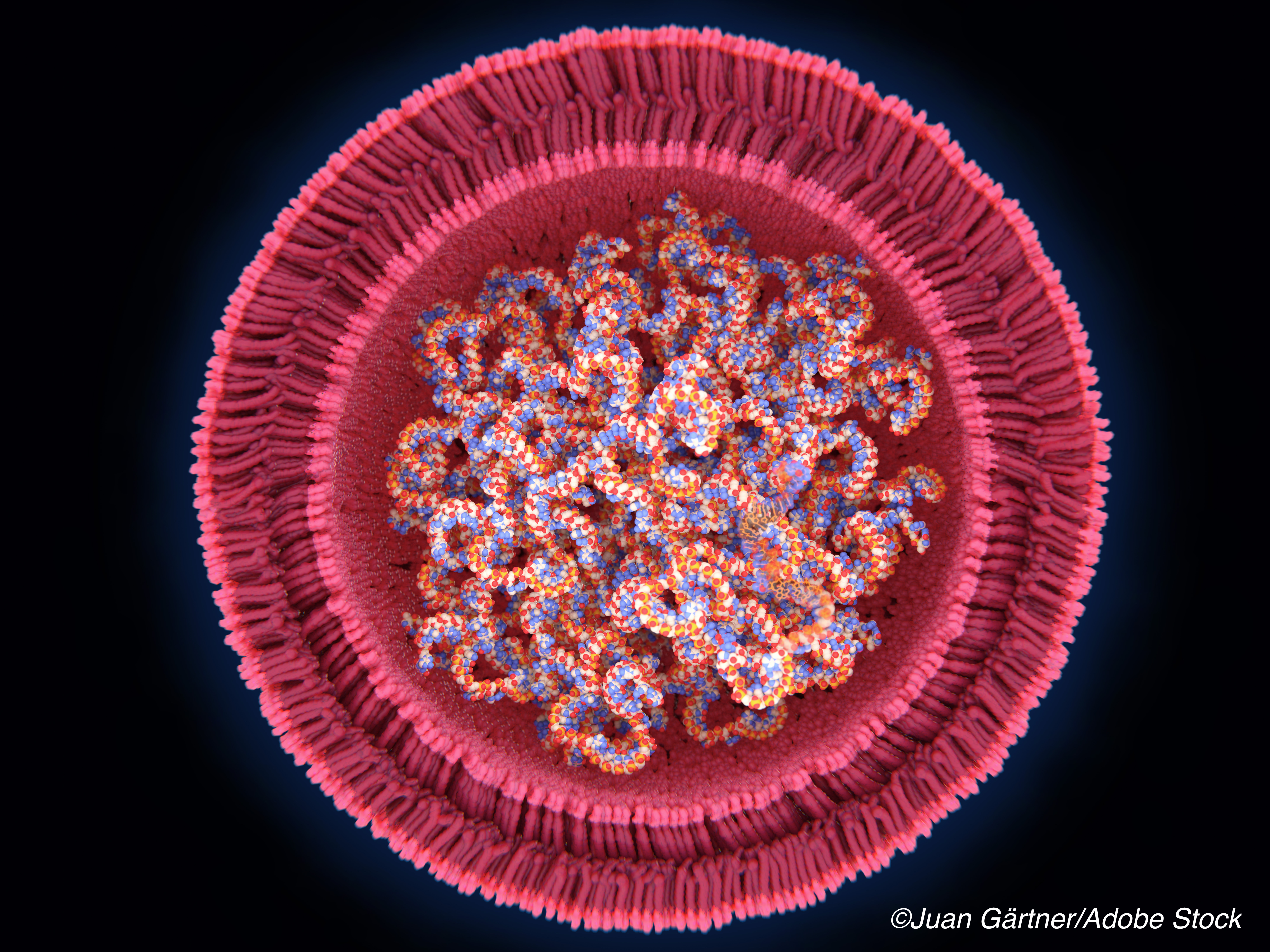Leaked documents from the European Medicines Agency (EMA) revealed that early commercial batches of the Pfizer-BioNTech mRNA-based Covid-19 vaccine contained unexpectedly low numbers of intact mRNA compared to earlier clinical batches, according to a special report published in The BMJ.
According to investigative journalist Serena Tinari, the author of the report, these leaks stem from a December 2020 cyberattack on the EMA that resulted in over 40 megabytes of classified documents being sent to various journalists and academics around the globe. In those documents, EMA scientists charged with assessing the quality of the vaccine expressed concerns regarding “truncated and modified mRNA species present in the finished product,” and the EMA filed two “major objections” with Pfizer, Tinari explained. To date, none of the leakers have been identified, she added.
An email from a high-ranking EMA official contained among the leaks, dated Nov. 23, “identified ’a significant difference in % RNA integrity/truncated species’ between the clinical batches and proposed commercial batches — from around 78% to 55%,” Tinari wrote. “The root cause was unknown and the impact of this loss of RNA integrity on safety and efficacy of the vaccine was ’yet to be defined,’ the email said.” But, apparently, something changed between the date of that email and the vaccine’s eventual authorization — as of Dec. 21, when the EMA authorized the Pfizer-BioNTech vaccine, the agency’s public assessment report noted that “the quality of this medicinal product, submitted in the emergency context of the current (Covid-19) pandemic, is considered to be sufficiently consistent and acceptable.”
What Happened?
RNA instability has been a recurring hurdle for researchers looking to develop nucleic acid-based vaccines and is “the primary reason for the technology’s stringent cold chain requirements,” Tinari noted. And, according to a review article published in The Journal of Pharmaceutical Sciences by Daan J.A. Crommelin, PhD, and colleagues late last year, “The complete, intact mRNA molecule is essential to its potency as a vaccine… Even a minor degradation reaction, anywhere along [an] mRNA strand, can severely slow or stop proper translation performance of that strand and thus result in the incomplete expression of the target antigen.”
So, what percentage mRNA integrity do Pfizer, Moderna, CureVac, and other mRNA vaccine manufacturers and regulators consider acceptable for Covid-19 vaccines? Unfortunately, Tinari wrote, none deigned to offer any specifics, with the FDA, EMA, and Health Canada all noting that “specific information related to the acceptability criteria is confidential.” However, Health Canada did inform Tinari that Pfizer conducted investigations into the cause of the deficiencies and made changes to the manufacturing process to bring vaccine mRNA integrity in line with expectations.
But what caused this problem, what did the manufacturer do to address it, and how can companies prevent it from happening again? That is also unclear — Pfizer declined to comment on the target mRNA integrity for their Covid vaccines and on what caused the lower-than-expected quality of those early batches. Moderna and CureVac also declined to comment.
“The shortage of information may reflect the lack of certainty, even among regulators, about how to assess the evidence fully for this novel technology,” Tinari wrote. “…Crommelin told The BMJ that, ’For small, low molecular weight products, the active pharmaceutical ingredient integrity is typically close to 100%.’ But for mRNA vaccines? ’Experience with mRNA integrity is limited.’”
John McKenna, Associate Editor, BreakingMED™
Cat ID: 190
Topic ID: 79,190,730,933,190,926,192,927,151,928,925,934



